
Whether you are a manager, leader, or employee, having a sense of entitlement can be damaging to your career. It can be the start of a slippery slope which invariably ends in a hasty exit – being removed or fired from a previously respected position.
With the person’s name and reputation tarnished – regardless of the results they have achieved – unanswered questions, doubt, mistrust, a sense of shame and embarrassment typically arise for many including staff, organization, and family members.
In using the word entitlement, I am not referring to certain benefits we all have as per legal, contractual, or fundamental moral rights.
But more, the privileged sense that comes through one’s role and place in society, organization or political life, where one gets used to a level of position, power, privilege, and perks.
What I am addressing here is the egotistical and entitled thinking where “who I am” (an important person!) takes precedence over “what I do” (how I perform) and “what I can get away with” especially when transparency is lacking.
Organizational culture change
A sense of entitlement typically emerges in organizations when there is a call for massive structural and cultural change. With such impending changes, employees can feel challenged.
If there has been a culture of entitlement in the organization – such as a celebrity culture or where an organization has been a dominant player or market leader – the loss of entitlement hits even harder.
Employees and managers alike can experience pain and discomfort as they come to terms with a new standard and benchmark of doing things, a different set of values and emerging culture.
Where there has been a culture of entitlement, the pervasive expectation is for things to continue as they have been.
A sense of entitlement embodies within it an unquestioning “as of right” attitude, belief and behaviour – “I have always had it this way, I deserve it, and it should be mine.”
Leadership role
A sense of entitlement is present when a person in a position of power and privilege justifies their “crossing the line” such as infidelity, using work funds for personal reasons such as holidays or gambling and abusing a power relationship in some way.
A typical justification here can be, “I work hard enough; I am allowed to have some fun and that it is part of the leadership role.
When the line gets crossed, executive or not, career derailment is just around the corner.
Our unconscious bias
Our sense of entitlement – conscious or unconscious – can blind us to what we need to pay attention to and to what is going on around us.
A sense of entitlement often goes hand in hand with narcissistic personalities and arrogance. Conversely, empathy – the ability to put yourself in another person’s shoes – tends to be low.
As one astute leader put it, “Entitlement sets in when a leader has been in the job too long. They also get more and more autocratic and cynical about people in their organization.” It takes emotional courage for a leader to move on after some considerable years at the helm.
If you are coming from a place of entitlement, it can be hard to see what the fuss is about. It’s like fish in water – it’s hard to see anything else as this is the only known and pervasive reality.
Some people experience a sense of privilege and make much of their exceptional physical or intellectual attributes – yet these too change over time.
A sense of unconscious entitlement can be a privilege for those in a power position, such as being from the dominant culture.
It can be challenging when things change and it leaves one clinging to their sense of entitlement. Anger – a common reaction can take the form of, “how dare you…” or passive aggressiveness – “I will get you” or resistance in some other way.
Leadership Lesson
Given the engrained and automatic nature of a sense of entitlement, what is the lesson here?
The wise approach is to watch out and catch yourself when you are coming from a sense of entitlement.
This awareness may come in the form of an opposing viewpoint or feedback from a manager, colleague, caring friend, or loved one – if they can see what is going on.
Pay attention to where you may be tempted to cross the line or experience a strong sense of entitlement.
If you don’t pay attention and take the right action, long term, it could seriously harm your career.
To raise your awareness here, you could also make a note of the things you take for granted and have a sense of privilege and entitlement about.
A great question to ask is, “How might this look from the outside?” Fairness is a good abiding principle to be mindful of.
Or “How might I feel if I was on the receiving end of what I see as my sense of entitlement and the beliefs, attitudes, and behaviours that go with that?” Remember the golden rule!
If your moral compass is giving you a negative signal, however weak, then it is time to step back, re-think things and talk to someone you trust.
Be willing to have your opinions and world view tested from time to time.
Life is a great leveler, and one thing is for sure – the very things we hold on to with dear life are precisely the things where we get tested and challenged. And this is where our growth edge lies.
P.S. If you would like to read more articles by me, you can also follow me as per above or sign here for your free monthly newsletter for further articles on careers, leadership, personal and professional development.

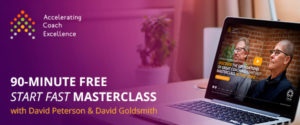








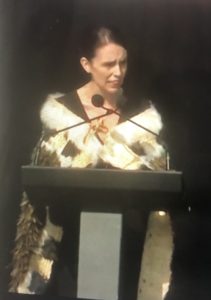
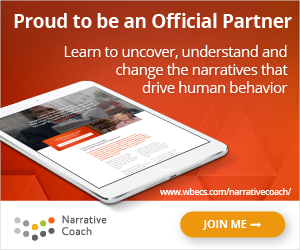

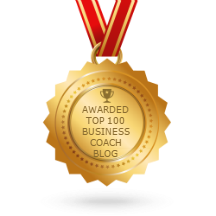


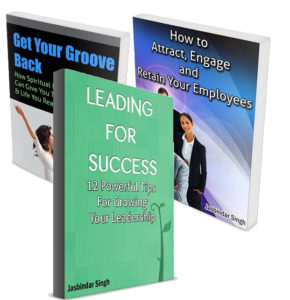
 Follow Jasbindar on Twitter
Follow Jasbindar on Twitter



